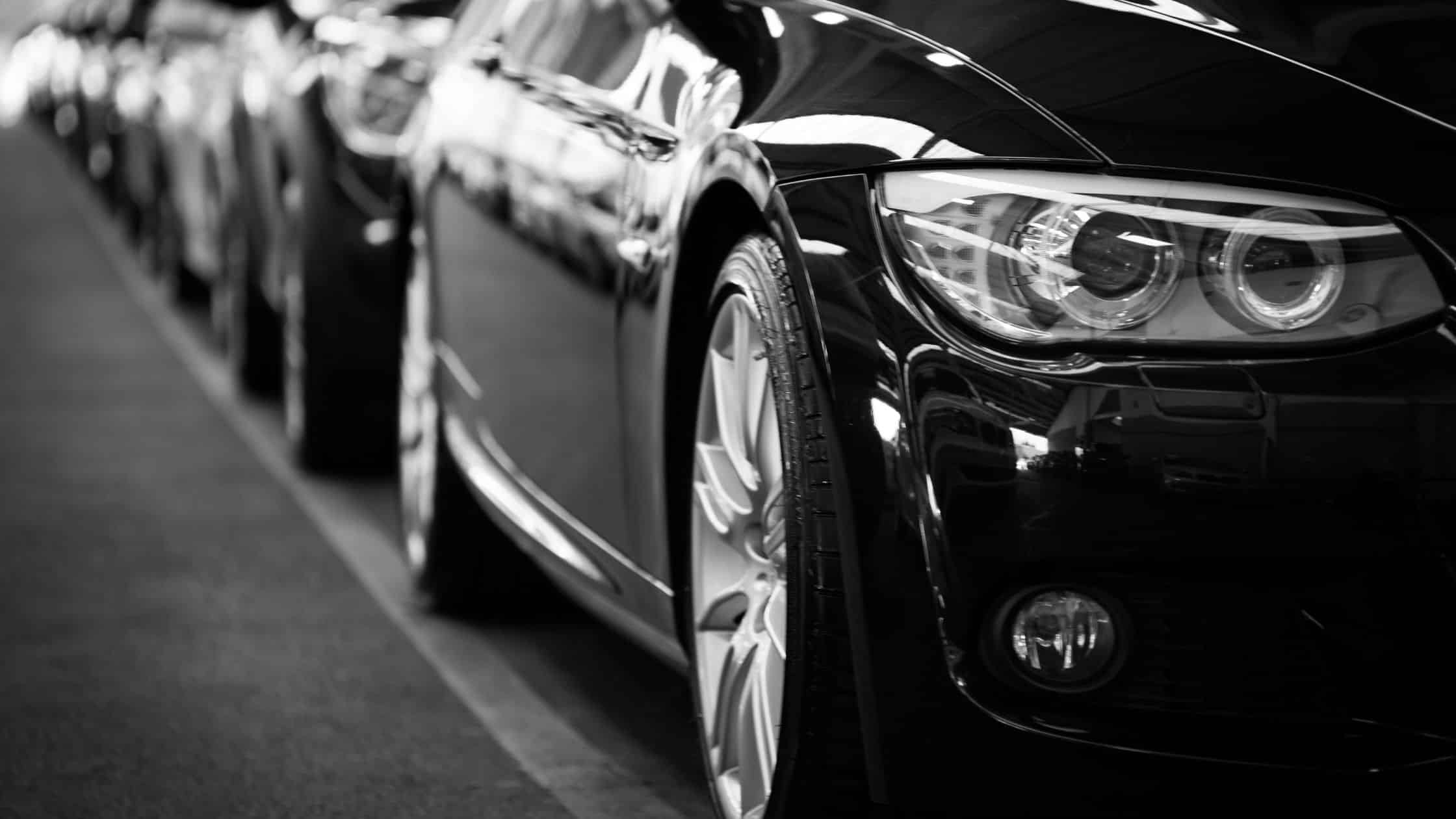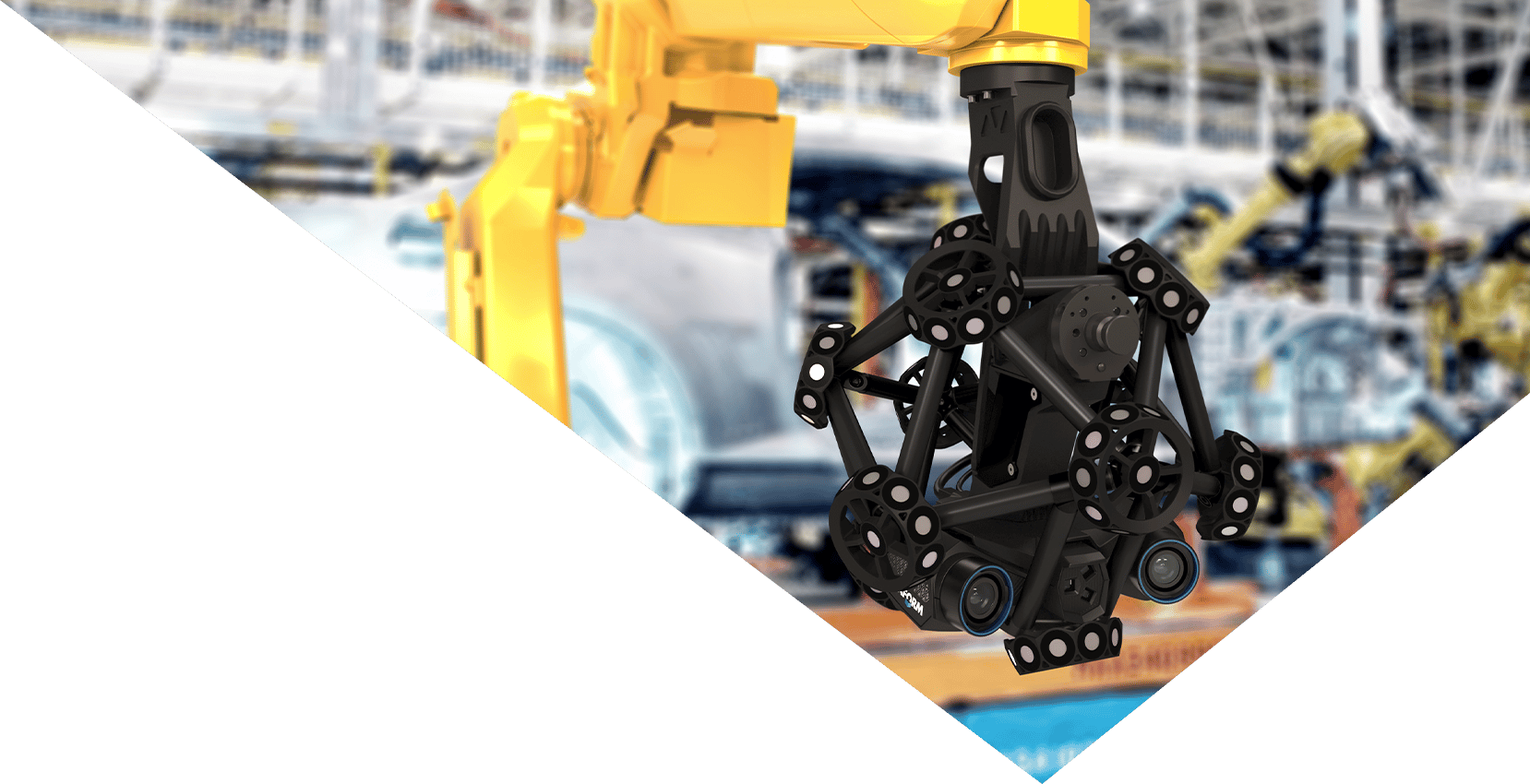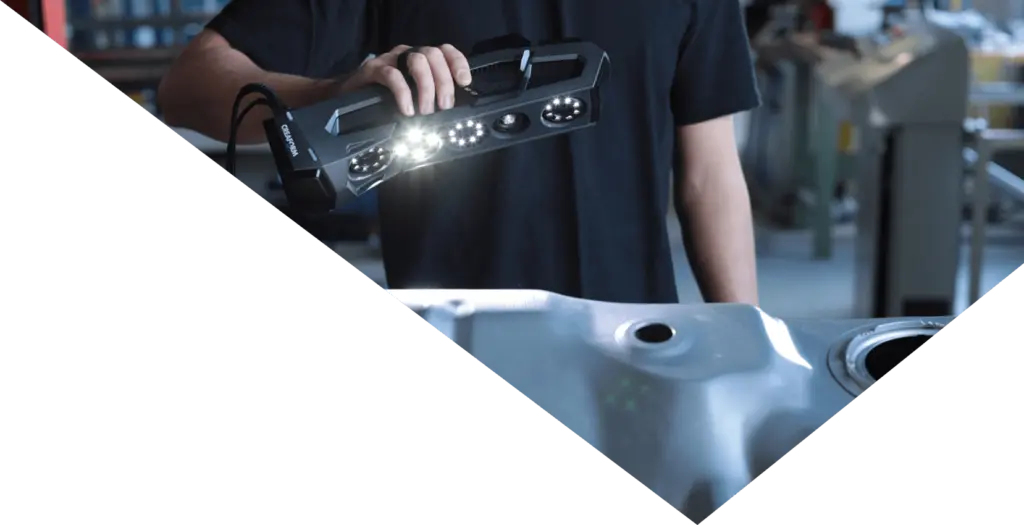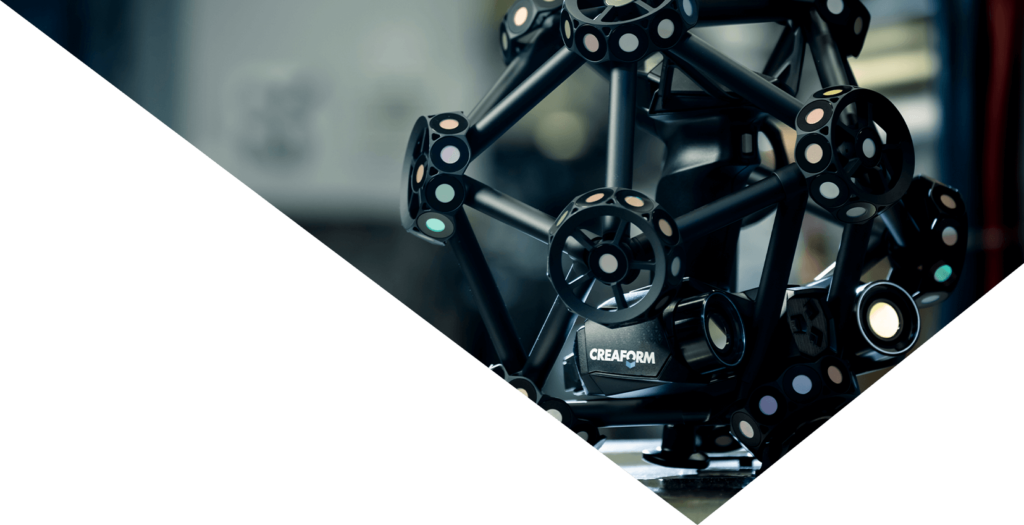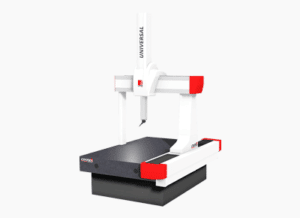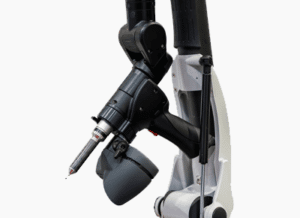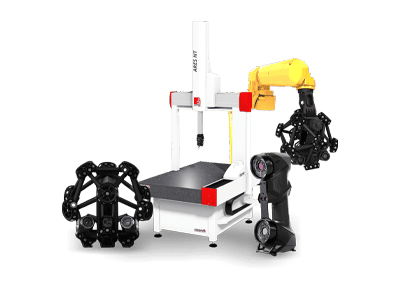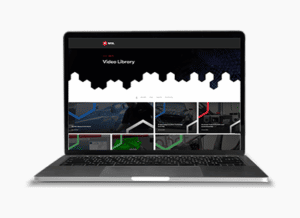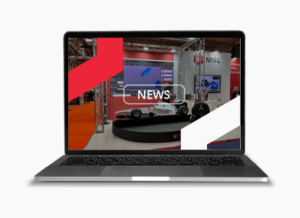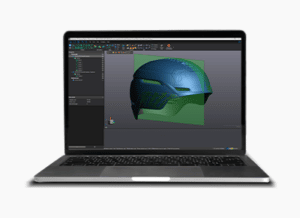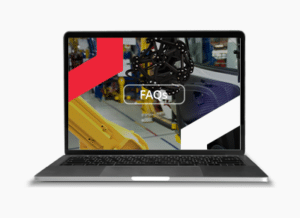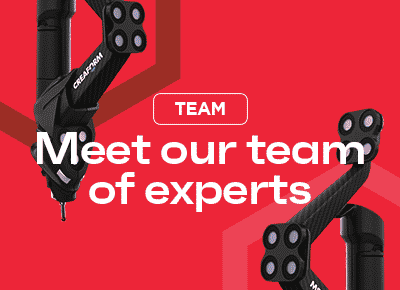Driving the Future
In the fast-paced world of automotive production, innovation is no longer just an option – it’s a necessity. Driven by a growing focus on materials engineering and technological development, the future of car design is being rewritten. The intensity of this change is fuelled by technical enhancements, environmental sustainability, and the pursuit of lightweighting for optimal efficiency. In this shifting landscape, 3D scanning emerges as a game-changer, brimming with potential for precise, customised, and efficient design and manufacturing.
This emerging era in automotive manufacturing is marked by a blend of pioneering materials, eco-friendly practices, and cutting-edge technologies. It’s a revolution that’s altering not just the physical characteristics of vehicles, but also their environmental footprint. This blog explores the future direction of the car industry, delving into the heady mix of technical enhancements, environmental sustainability, the constant drive for lightweighting, and the groundbreaking role of 3D scanning in this transformational journey.
Technological advancements are pushing the limits of car materials, from state-of-the-art alloys to creative composites. This not only strengthens the structure of cars but also opens doors to unprecedented design possibilities, revolutionising the look and functionality of vehicles.
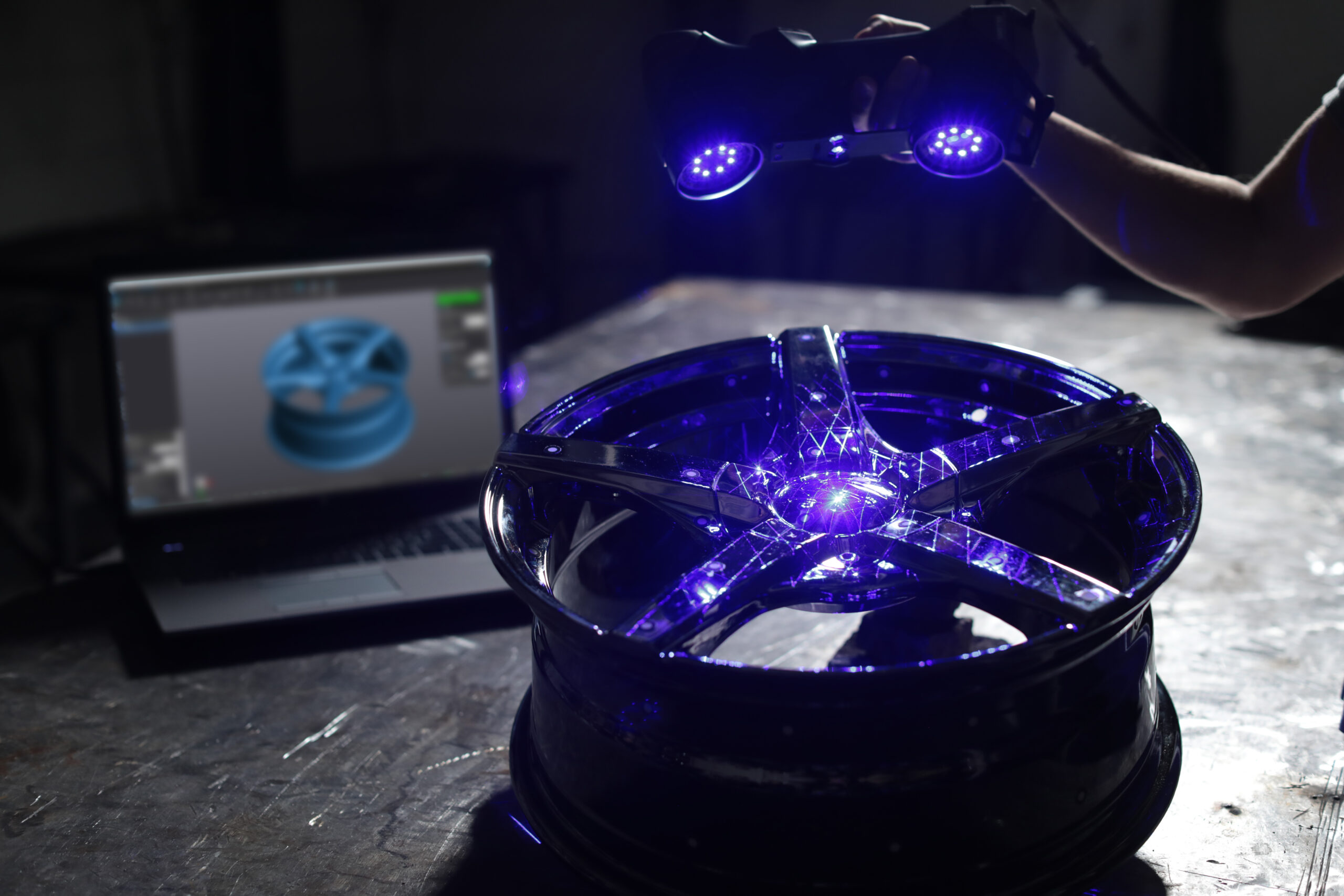
Sustainability
Sustainability is not up for debate in contemporary industry practices. It’s driving the car industry towards environmentally friendly solutions. Car manufacturers are increasingly investing in materials and processes that have minimal environmental impact, from the initial raw material extraction to end-of-life disposal. These sustainable practices are moulding the car industry, spotlighting breakthroughs in recyclable materials, energy-efficient production methods, and circular economy principles.
Lightweighting
As car technology advances, lightweighting becomes crucial for fuel efficiency and emissions reduction. Lightweight substances like carbon fibre composites and advanced polymers are steadily replacing traditional metals, improving energy efficiency without compromising safety. This shift is shaking up the car industry, with ongoing innovations and future implications for transportation.
3D Scanning
Amid these advancements, 3D scanning is carving out a crucial role in materials engineering and manufacturing processes. Its precision, accuracy, and efficiency make it an invaluable tool for reverse engineering, quality control, and customisation in car design. From scanning intricate components to streamlining prototyping, 3D scanning is proving to be a fundamental technology that enables manufacturers to hit new levels of accuracy and efficiency.
Find out more about how Linecross drive innovation in the transportation industry with the MetraSCAN Black Elite.
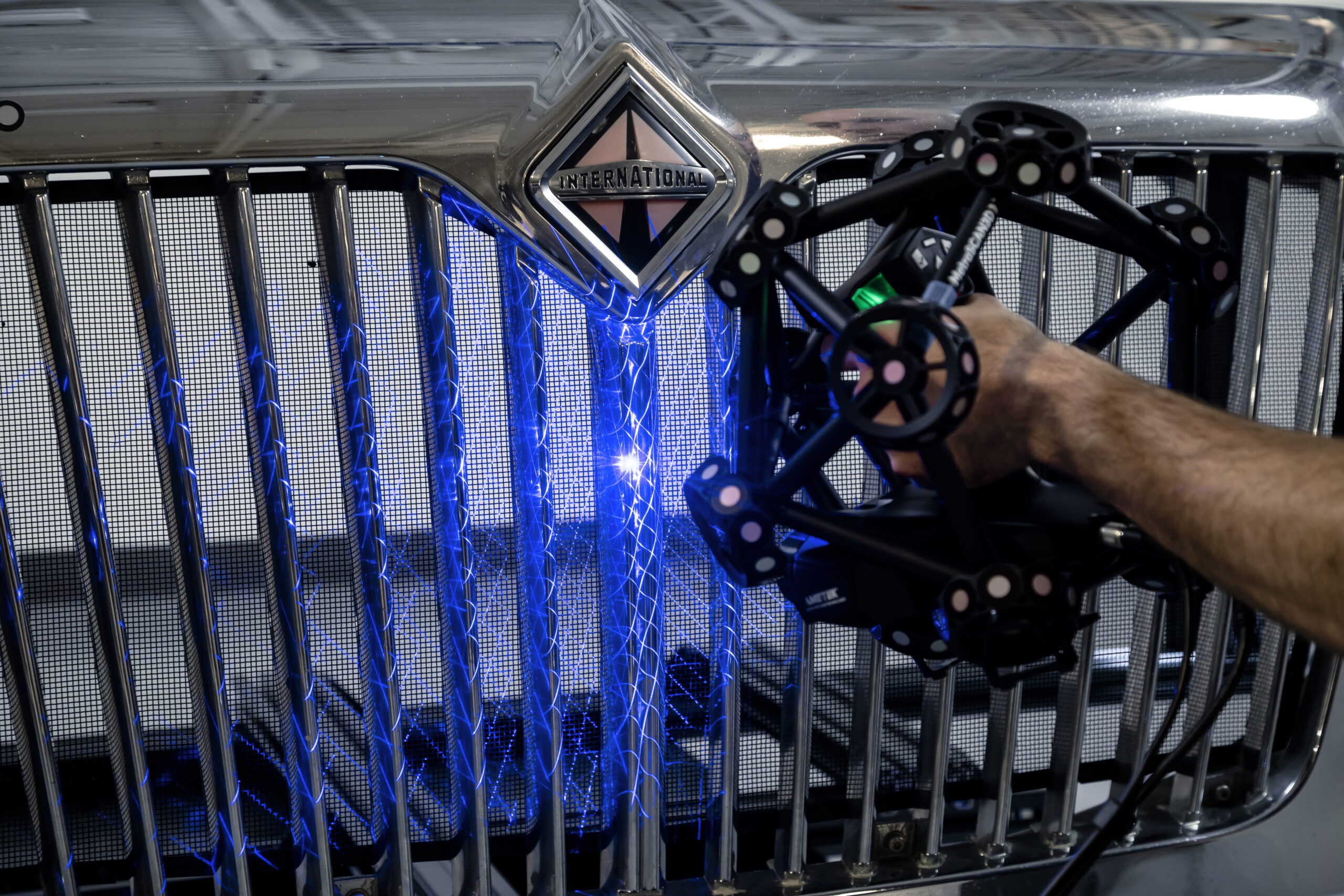
Let’s explore the various roles that 3D scanning plays in the automotive industry and its impact on material usage:
Prototyping and Design: 3D scanning creates precise digital versions of physical objects, proving instrumental in prototyping and designing new materials. Engineers can scan existing parts, modify them digitally, and test new materials in a virtual environment before creating physical prototypes.
Reverse Engineering: 3D scanning makes reverse engineering possible, allowing manufacturers to analyse and recreate existing parts. This is particularly beneficial when assessing competitor products or trying to improve existing materials.
Quality Control: Employing advanced 3D scanning technologies for quality control enables manufacturers to scan finished parts to ensure they meet design specifications and identify any defects, thus helping to maintain high-quality standards.
Material Analysis: 3D scanning can be combined with other technologies like spectroscopy or thermal imaging to analyse material properties. This is especially helpful in understanding how materials behave under varying conditions, leading to the development of innovative and performance-boosting materials.
Customisation and Personalisation: The car industry is increasingly moving towards customisation and personalisation. 3D scanning allows the creation of personalised parts, considering individual preferences and needs.
Lightweight Materials Optimisation: Car manufacturers are constantly seeking ways to reduce vehicle weight to enhance fuel efficiency. 3D scanning can assist in optimising the design and material selection for lightweight components, improving overall vehicle performance.
Digital Twin Development: 3D scanning aids in creating digital twins – virtual replicas of physical objects or systems. In the car industry, this allows real-time monitoring, analysis, and optimisation of material performance throughout a vehicle’s lifecycle.
Supply Chain Efficiency: Incorporating 3D scanning in the supply chain enhances efficiency by quickly assessing and validating the quality of incoming materials, helping prevent defects and ensuring specified materials are used in production.
Sustainability: As the car industry focuses more on sustainability, 3D scanning can assist in developing eco-friendly materials by providing insights into the environmental impact of different material choices and manufacturing processes.
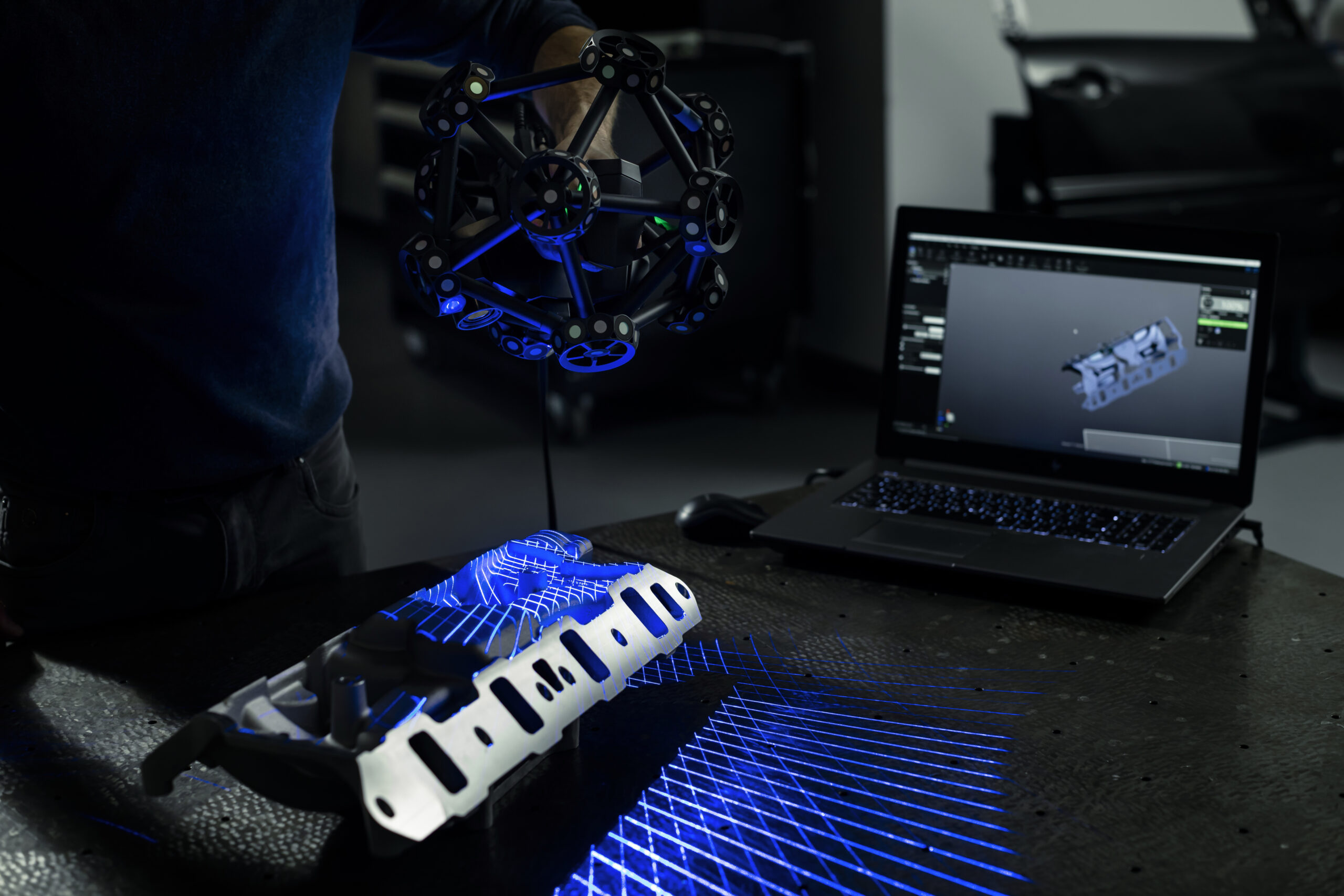
In conclusion, 3D scanning is playing a multifaceted role in shaping the future of materials in the car industry. It’s contributing to design, analysis, quality control, and the overall efficiency of the manufacturing process. Technological advancements in this area could potentially lead to more innovative, efficient, and sustainable materials for vehicles.
As we stand at the intersection of innovation and sustainability, the car industry is set to redefine our relationship with materials. The fusion of technical skill, environmental imperatives, lightweighting strategies, and the transformative power of 3D scanning will undoubtedly shape the next phase of automotive brilliance. The way forward is one of collaboration, where industry leaders, researchers, and environmental stewards come together to drive a future where cars are not just a means of transport but symbols of a sustainable and technologically advanced world.
At MSL, we don’t just understand the challenges of automotive production – we pioneer the solutions. If you’re looking to revolutionise your manufacturing process, embrace unparalleled precision, and significantly accelerate your time to market, we’re here to provide you with the solution.
Get in touch with our experts today and call 01733 325252 or email sales@measurement-solutions.co.uk.
